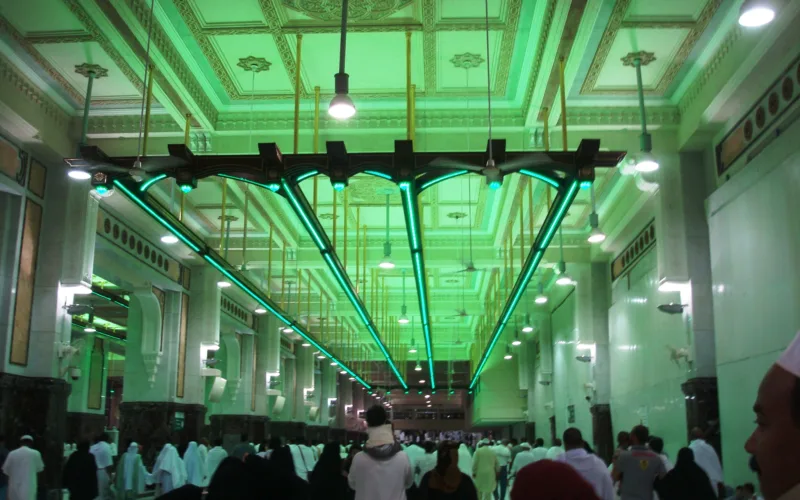Is it permissible to perform multiple Umrahs during a single trip?
Many Muslims travel long distances to perform this pilgrimage. Given the effort and cost of the journey, some wonder if it is permissible to perform Umrah more than once in a single visit.
This question often arises from those visiting Makkah from distant countries. They want to make the most of their visit and do as much worship as possible.
But what does Islam say about performing multiple Umrahs during one trip? Let’s explore the rulings from scholars to understand the guidelines clearly.
Is Performing Multiple Umrah Allowed in One Trip?
Yes, but it is not the Sunnah.
Islamic scholars have generally agreed that it is permissible to perform multiple Umrahs during the same trip, especially for those who travel from faraway places.
However, it is important to note that this practice is not part of the Sunnah of the Prophet (peace be upon him).
In other words, it is allowed, but it was not something that the Prophet or his Companions regularly did during their time in Makkah.
Explanation
While performing Umrah more than once during a trip is permissible, it is not from the established traditions of the Prophet Muhammad (peace be upon him).
He and his Companions typically performed Umrah when entering Makkah and did not leave the city just to perform another Umrah
This view is supported by several scholars, including Ibn al-Qayyim, who emphasized that the Prophet’s Umrahs were always performed while entering Makkah and not by leaving the city to return for another Umrah.
There was, however, one exception, which involved Aishah (may Allah be pleased with her). She was unable to complete her Umrah initially due to menstruation.
To make up for this, the Prophet instructed her brother to take her to Tan’im (also known as Masjid Ayesha) so that she could perform another Umrah after completing her Hajj. This was a special circumstance and not something that the Prophet himself or his other companions practiced regularly.
- The Prophet (peace be upon him) did not perform multiple Umrahs during his stay in Makkah.
- Aishah’s second Umrah was due to her specific situation and was not a general rule.
- Scholars such as Ibn al-Qayyim and others have stated that performing Umrah multiple times in one trip is permissible but not part of the regular Sunnah.
- The majority of scholars have agreed that if one performs multiple Umrahs, they must leave Makkah and go to a place like Tan’im, outside the sanctuary, to re-enter Ihram.
Bottom Line
Performing multiple Umrahs during one trip is allowed, but it is not something the Prophet or his Companions practiced. If someone wishes to do so, they must leave the boundaries of Makkah and re-enter in Ihram, as Aishah did.
Although it is permissible, it is not necessary, and Muslims are encouraged to follow the established Sunnah where one Umrah is performed during each entry into Makkah.
The ruling is clear: if you are visiting Makkah and wish to perform more than one Umrah, it is allowed but not required or recommended. What’s important is to focus on the quality and sincerity of your worship, whether you perform Umrah once or multiple times.
Got a question? Feel free to ask mufti and get quick answers.




 WhatsApp Channel
WhatsApp Channel
 Instagram
Instagram
 Facebook
Facebook
 X (Twitter)
X (Twitter)
Nice explanation
Assalamu alaikum
It has become a fashion among Muslims performing Hajj or Umra to visit Masjid Aisha for entering into Ihram and performing Umra as many times as possible, in the name of their parents or relatives and so on and so forth. By this way they tire themselves beyond their capacity and sometimes they fall sick. This is solely due to their ignorance of religious beliefs and practices.
As pointed out in the article it is Sunnah to perform only one Umra, except when there is any other sharia reason. They can perform as many Tawaf as possible, without going to Aisha Masjid and earn enormous reward or they can visit Masjid Quba while in Madina and offer two rakat Nafil there and get a reward of Maqbool Umra, as simple as that. Jazakallah Khair.